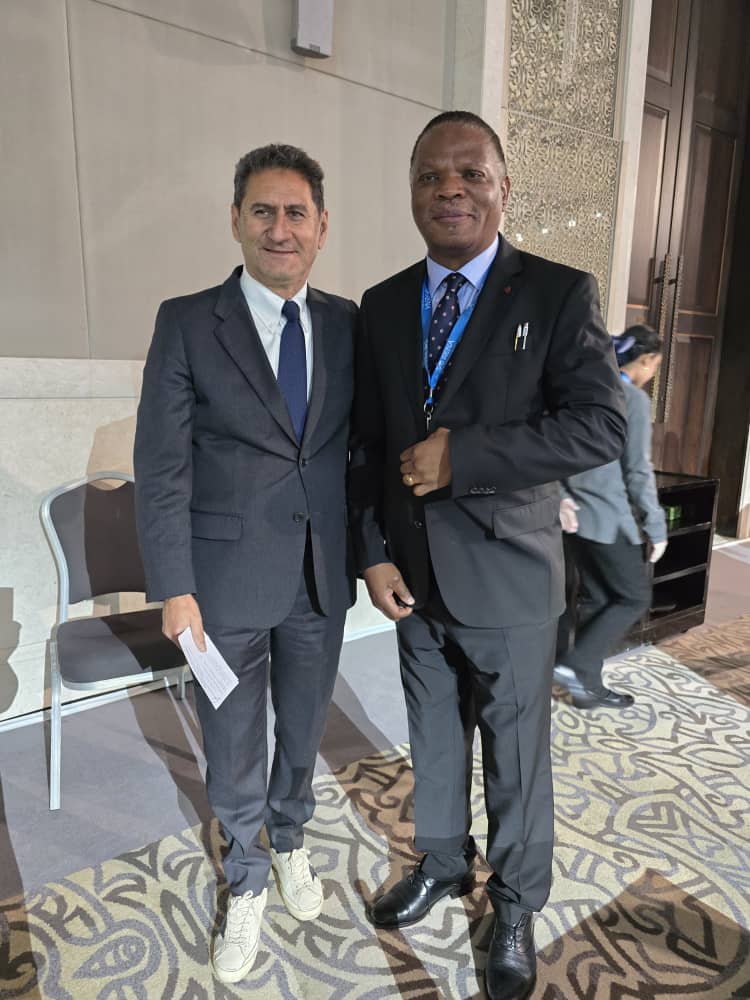
By Sizwe Dlamini
The Minister of Natural Resources and Energy, Prince Lonkhokhela says that developing countries, particularly those in Africa, continue to face challenges in attracting financing for renewable energy projects.
The Minister was addressing the 15th Session of the International Renewable Energy Agency (IRENA) Assembly in Abu Dhabi, United Arab Emirates.
For 2025 the assembly was held under the theme “Accelerating the Renewable Energy Transition – The Way Forward.” The assembly brought together global ministers, high-level delegates, experts, and organizations to discuss the future of renewable energy and energy transition efforts.
IRENA, a leading intergovernmental agency dedicated to advancing the global renewable energy transition, is made up of 169 member countries and the European Union. It facilitates international cooperation, promotes sustainable development, and provides critical technical assistance, capacity building, and investment facilitation for renewable energy projects.
The agency also supports the global fight against climate change and aims to enhance energy access, security, and resilient economies worldwide.
In his speech at the Assembly, the Minister commended IRENA for its ongoing efforts in supporting member countries, particularly developing nations like Eswatini, in their renewable energy transitions.
He acknowledged the importance of IRENA’s work in fostering strategic alliances, enhancing collaboration among member states, and facilitating the development of bankable renewable energy projects.
He also emphasized that many developing countries, especially in Africa, continue to face challenges in attracting financing for renewable energy projects and in structuring those projects to be viable.
The Minister further urged IRENA to continue its work in addressing these barriers and to host more investment forums like the Accelerated Partnership for Renewable Energy in Africa (APRA) Investment Forum, held recently in Nairobi, which offers crucial opportunities for securing funding and fostering partnerships.
Furthermore, the minister expressed Eswatini’s gratitude for IRENA’s support in developing the country’s first Energy Masterplan and assisting with capacity building, particularly in energy planning and renewable technologies.
Eswatini has also submitted its 23MW Lower Maguga Hydropower Project for consideration under IRENA’s Energy Transition Accelerator Financing (ETAF) Platform, which aims to mobilize funds for renewable energy initiatives globally.

In line with IRENA’s mission to track countries’ progress in energy transition, the Prince highlighted Eswatini’s ongoing efforts to increase its renewable energy capacity and contribute to the UAE’s consensus of tripling renewable energy and doubling energy efficiency improvements by 2030.
The Prince concluded by urging IRENA to continue supporting Eswatini and other nations in achieving their energy transition goals, especially through resources such as the Nationally Determined Contributions (NDC) 3 toolkit.